
Nicolás Lamas
Operating out of Brussels, Belgium, but deeply rooted in his native Lima, Peru, Nicolás Lamas transforms the art scene with
Brazilian contemporary artist Monica Piloni specializes in sculpture, with a particular emphasis on the human form. The figures she crafts are often unsettling, resembling amorphous entities. Since 2004, she has employed a mirror effect, a technique that introduces another dimension to the perception of the human figure.
Piloni’s initial ventures into this realm saw her apply the repetitive mirror effect to a standing female figure. She dissected a fiberglass dummy of a human form, reassembling it in unique configurations. Later, she transitioned to creating molds directly from her body, turning them into self-portraits. This shift not only offered more creative freedom — given the ever-ready anatomical model — but also led to increasingly intricate and refined sculptures. What began as a convenient self-portrait eventually took on more significance in her work.
Indeed, Piloni’s portraits emerged from the ‘most readily available and cost-effective living model’ — herself. Yet, many women began to see themselves in Monica Piloni’s sculptures. In essence, her pieces evolved into a symbolic representation of women at large. Monica soon recognized her art as a collective narrative, emphasizing art’s powerful role in driving social change.
The work of Monica Piloni challenges the restrictive molds women are often pressured into, whether these are behavioral or aesthetic standards. Such norms, perpetuated by a patriarchal society, lead to both psychological and physical distress. Moreover, she explores the interplay between technology and perceptions of the real versus the virtual body. She touches upon the cyber realm’s unique celebration of bodies that deviate from conventional aesthetic standards.












Operating out of Brussels, Belgium, but deeply rooted in his native Lima, Peru, Nicolás Lamas transforms the art scene with

British artist Felicity Hammond focuses on modern city landscapes in her work. She looks at the buildings and designs that
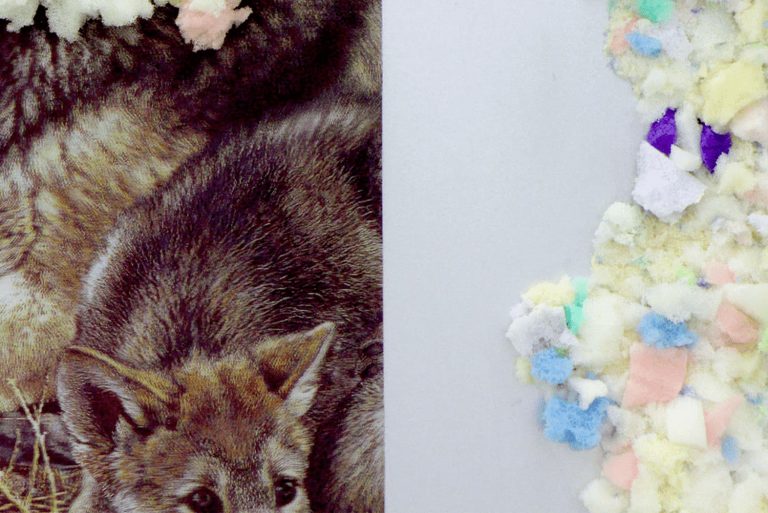
Born in Sofia, Bulgaria, Vikenti Komitski is currently based in Berlin. He graduated Sculpture in NAA in Sofia and Master’s

In a world that often overlooks the ‘everyday,’ artist Vladislav Markov turns the unremarkable into something extraordinary. His sculptural works
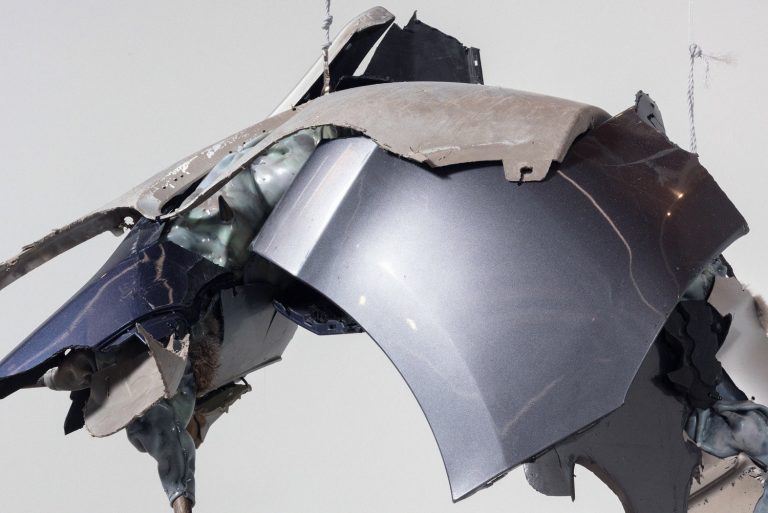
Ruben Ulises Rodriguez Montoya stands as a contemporary artist who paints a vivid landscape of fantastical creatures, land, culture, and
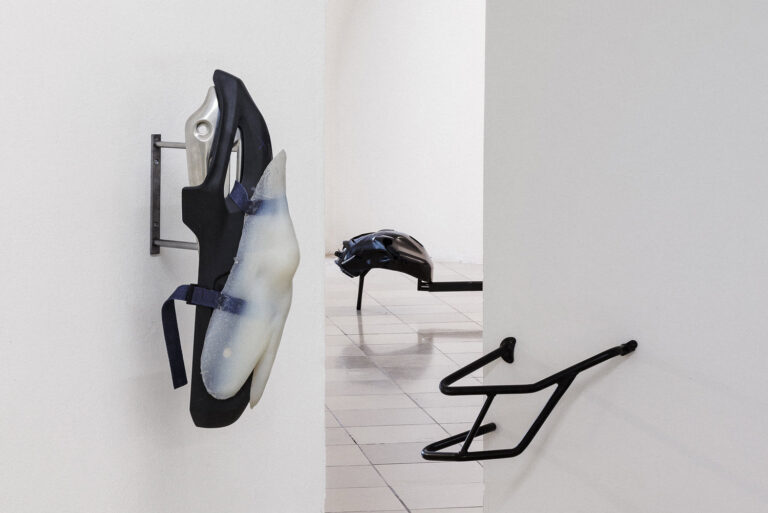
Sophia Gatzkan, a Vienna-based artist, intimately connects with the intricacies of the human form. She boldly navigates the disability discourse,
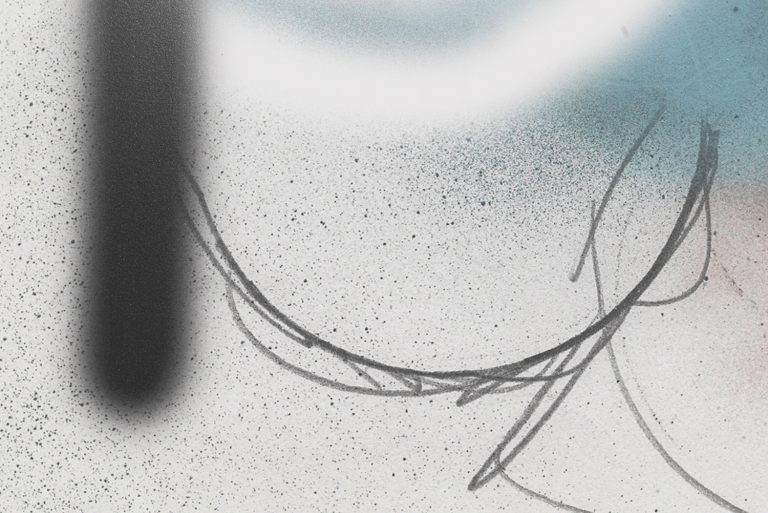
The artist Jeff Elrod currently splits his time between Marfa, Texas, and New York. Back in the late ’90s, he
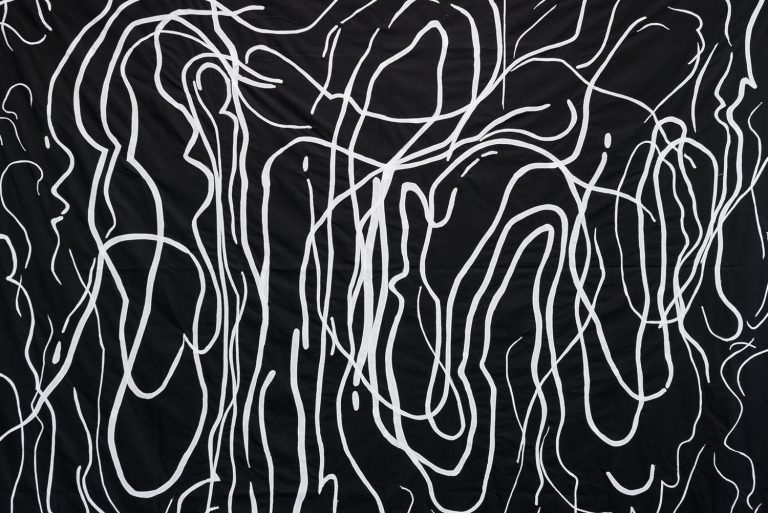
Born in Rhenen, Netherlands, the dynamic artist Riëtte Wanders has anchored her creative pursuits in Amsterdam. The sheer magnitude of
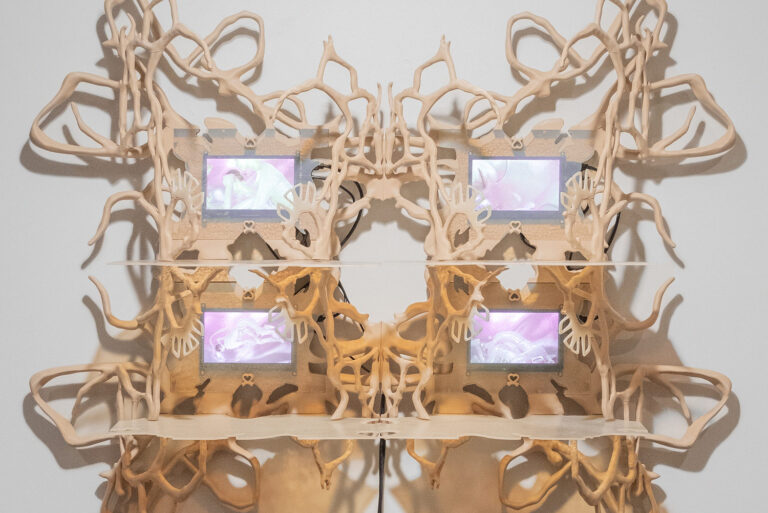
Clara Schweers skillfully intertwines the digital with the tactile, pushing the boundaries of contemporary art and design. Her practice exists
Independent Art & Design Gallery 0→1 © 2024
Stay in the loop with 0→1. Join our email list for the latest news, artist highlights, and first dibs on our exclusive collections. Dive into the art world with us — curated, simplified, and personal.
(We respect your inbox. Our updates are curated for value, and you can unsubscribe anytime. No spam, just art.)
We use cookies to improve your browsing experience; details in our Privacy Policy →